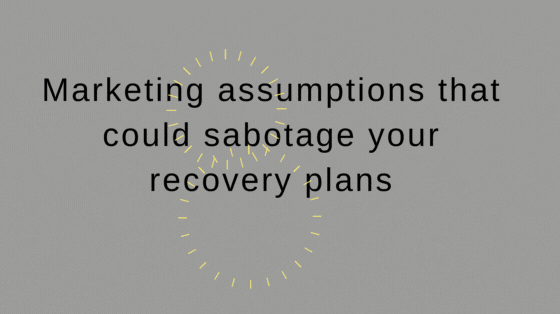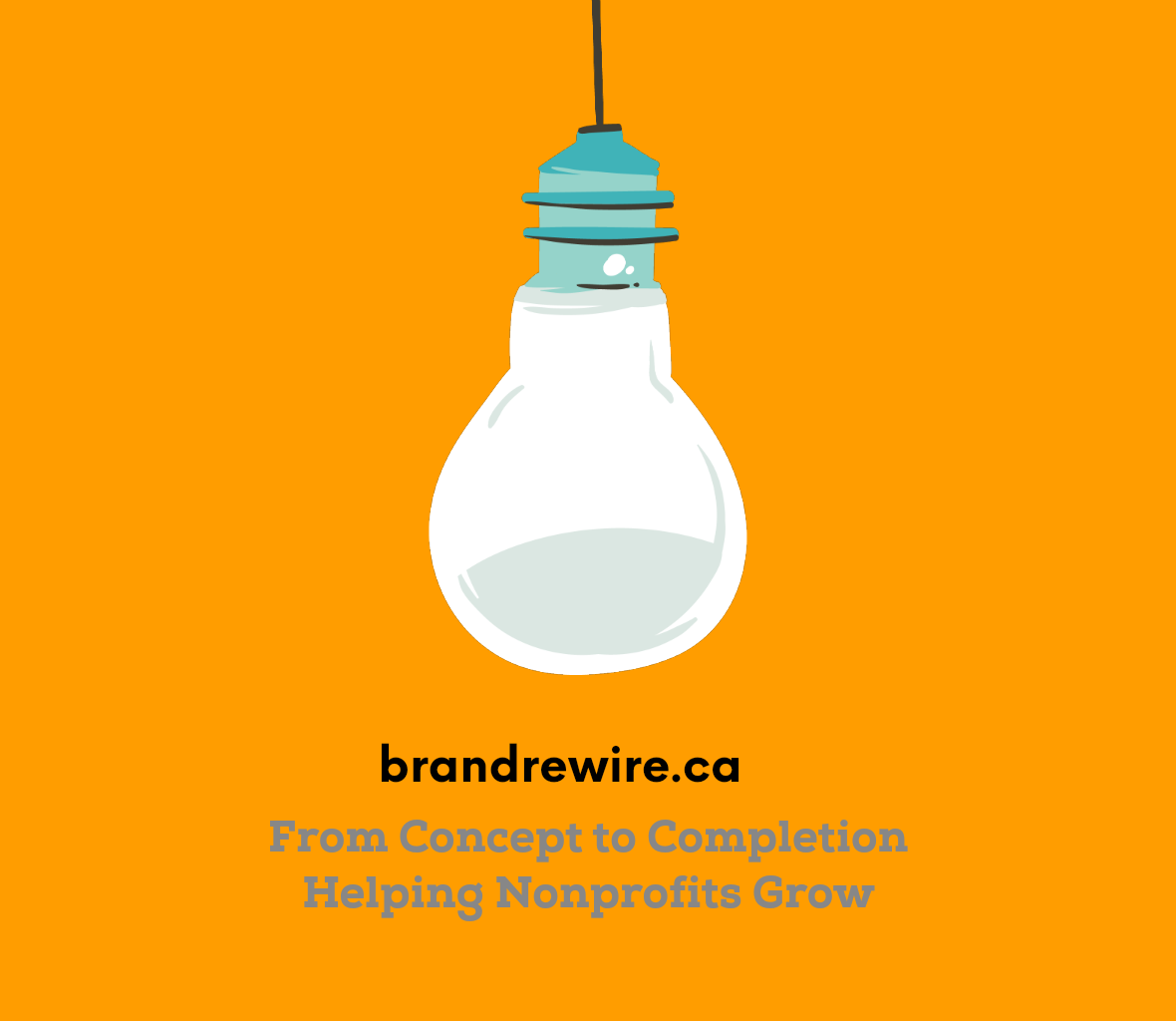
As we look back at a year of pandemic disruptions it has become clear that when teams map out a marketing plan everyone is clear on their individual roles and responsibilities and are better equipped to quickly adapt to emerging market conditions. We started out revisiting marketing plans in April 2020, assuming like many, the pandemic would be under control by the Fall and appropriate reserve funds would help see many organizations through the crisis. Twelve months later, the pandemic has had organizations not only re-assessing their contingency plans, but also many of the unwritten assumptions built into their marketing plans.
Marketing Plans Always Assume
- Unexpected changes in the marketplace will mean we need to adapt our plans
- Technology is rapidly changing and we will need to adapt our plans. That includes assuming all our machinery and technology will not work perfectly 100% of the time
- Our competitors WILL respond and we will need to adapt our plans
- Failure is expected and accepted, we will learn and adapt our plans
- Without adequate resources, our plans won’t even get liftoff, but we can’t plan for 100% of the funds, as we will a contingency budget to adapt our plans
Marketing Assumptions to Question
- That you already know what your customers think or will behave.Question the validity of assumptions based upon historical market performance, older customer surveys, website analytics or other metrics.
- How much we need to focus on retention to focus on the customers we already have?
- That there is a demonstrated need for our products / services in the emerging marketplace and a sufficient customer base to demonstrate profitability
- That we are maximizing our customer relationship management (CRM) software capabilities
- That we have the internal capabilities we will need. How much digital expertise / fluency do we really have? How might staff changes or turnover impact projects?
- Our assumptions around our internal limitations. What are the internal limitations we assumed re how much more we can do online? Resources? Schedules?…
- How much we can automate marketing tasks to save us time and/or increase our capacity and help us engage online
- How quickly we can get our new ideas or our plans to market
Most marketing teams take a big step back to do a more fulsome brand audit every 3 to 5 years – to look at what’s working and what isn’t to ensure they continue to be aligned with their goals and measurement needs. But strategic planning timeframes are now shorter, scenario planning commonplace and marketing plans also need to adapt. As you draft your post-pandemic marketing plans, ensure you are capturing assumptions and un-covering any long-held assumptions that are inaccurate and could negatively impact your decision-making. After noting your planning assumptions, you are ready to move forward with outlining strong recovery marketing scenario plans.
